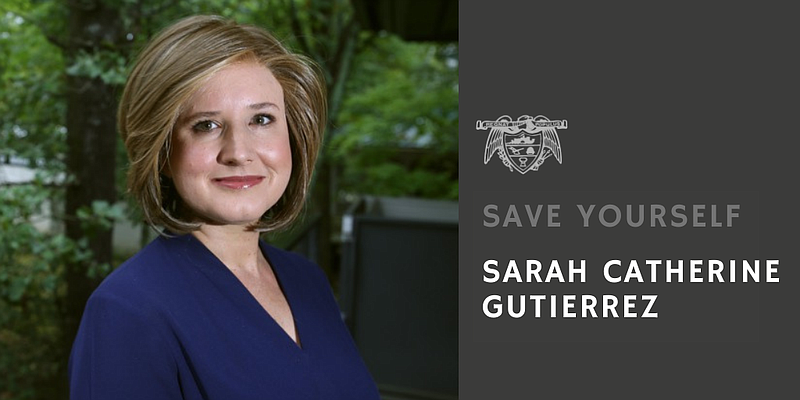I turn 40 tomorrow, a 1980 baby trapped between GenX and Millennial identities. For my birthday, as much as I would love a stack of Amazon boxes on my front porch, a new high-tech iPhone with a professional grade camera or, shoot, a Tesla, I will settle for a few more shares of the Vanguard Target Retirement 2045 fund that is in my retirement account.
Why? Because I was born in the age when humans started getting replaced by robots. And as my partner Tim Quillin at Aptus says like a broken record, "If you can't beat the robots, you need to own the robots."
Anyone who believes that their job cannot be replaced by a robot isn't paying attention. In a world where labor (aka humans) is replaceable, our best hope at a sound financial future is to own those very robots replacing us.
According to an Economic Policy Institute analysis, from 1948 to 1979 productivity from labor grew 108.1% while compensation for those laborers grew 93.2%. It was a win-win for owners and labor alike. But starting in 1979 things changed dramatically. Companies were able to use physical capital and technology (robots) to replace labor and to fuel growth. Without the need for more humans, they also didn't have to pay humans more as productivity grew. From 1979 to 2018 productivity grew 69.3% while compensation grew only 11.6%.
There's a lot of handwringing about all this, but it is hardly surprising. Every year we watch with sadness the squeeze on the middle class from the stagnation of wages and the rising costs of basic needs like health care and child care. And let me tell you -- it's one thing to look at statistics and quite a different thing to stare into the eyes of a person in front you trapped in this dilemma.
But until our policymakers take on the task of figuring out this conundrum, we have to take matters into our own hands.
[Video not showing up above? Click here to view » https://www.youtube.com/watch?v=nJEP_2eplzY]
Here's one idea. Last Saturday, I took the biggest technology, or robotic, company that I buy from, which is Amazon, and looked at my spending over the past eight years when I started buying from Amazon. It has a very handy way of looking at an entire history of past orders, and in an Excel spreadsheet I recorded by year every single purchase that I don't remember making, never used, or never read (ahem, books still sitting on the shelf). Then I tallied up those purchases and simulated what would have happened if I had invested those totals on December 31 of each year into owning that Amazon robot.
The total of "less mindful" spending added up to a shocking $1,770. Wow. That is so much money. Imagine if I had that money in my pocket right now.
But wait, what if I had invested that money every year into Amazon on the last trading day in December of the year when I had spent it? I would now have $10,779. But, people, it gets worse. If that money grew just 5% every year for the next 25 years it would be $36,501.
Every person is going to have a different salary, different lifestyle and different situation. I have seen budgets of next to zero extra dollars where saving was a real challenge. But there are a lot of people out there buying too many robots while owning too few of them.
Consider this exercise. Go through several years of spending. See where you can find your own less mindful spending, and direct transfer those amounts into owning the robots. So how do you go about owning them? Certainly not through opening an account and buying shares of Amazon. Buying individual stocks is a fool's errand. No, add up that extra spending over the years, and get it down to a monthly basis. Then transfer those precious future dollars into your company retirement plan or your individual retirement account. You can own all the biggest robots in the world through a target retirement date index fund, and have a chance at a future retirement, even while getting squeezed along the way.
Sources: https://www.epi.org/productivity-pay-gap/ and Yahoo Finance for Amazon share prices.
Sarah Catherine Gutierrez is founder, partner and CEO of Aptus Financial in Little Rock. She is also author of the book "But First, Save 10: The One Simple Money Move That Will Change Your Life," published by Et Alia Press. Contact her at sc@aptusfinancial.com.
